Overview
Feline Immunodeficiency Virus (FIV) is a viral infection that affects cats, similar to the way Human Immunodeficiency Virus (HIV) affects humans. It primarily impacts the immune system, leading to a progressive weakening of the cat’s ability to fight off infections and diseases.
Transmission:
FIV is primarily spread through deep bite wounds, as the virus is present in the saliva of infected cats. It can also be transmitted from an infected mother to her kittens during birth or through milk. Casual contact, such as grooming or sharing food bowls, is not typically a mode of transmission.
Symptoms:
The symptoms of FIV can vary and may not appear for years after infection. Common signs include:
- Persistent fever
- Loss of appetite
- Weight loss
- Recurrent infections (e.g., respiratory or dental issues)
- Chronic diarrhea
- Skin infections
- Behavioral changes
Diagnosis:
FIV is diagnosed through blood tests that detect antibodies against the virus. A positive test result indicates exposure to FIV, but it does not necessarily confirm active disease. Further tests and veterinary evaluation may be required to determine the cat’s health status and the presence of any secondary infections.
Treatment:
There is no cure for FIV, but supportive care can help manage the disease and improve the quality of life for affected cats. Treatment may include:
- Regular veterinary check-ups
- Management of secondary infections
- Nutritional support
- Maintaining a stress-free environment
Prevention:
Preventing FIV involves limiting the risk of exposure to the virus. This can be achieved by:
- Keeping cats indoors or in a controlled environment to reduce the risk of fighting with other cats
- Testing new cats for FIV before introducing them to a household with other cats
- Spaying or neutering to prevent the spread of the virus
Living with an FIV-positive Cat:
FIV-positive cats can live long and fulfilling lives with proper care. It’s essential to monitor their health closely, provide regular veterinary care, and create a safe, comfortable living environment.
For More Information:
If you have concerns about FIV or need assistance with a cat showing symptoms of this virus, visit Mission Veterinary Clinic. We are located at 16915 San Fernando Mission Blvd, Granada Hills, CA 91344. Our facility operates as an urgent care center and does not accept appointments; we see patients on a walk-in basis and triage based on severity. For more information or to speak with a veterinarian, call us at 818-363-8143.
Website: missionvet.com
Hours of Operation: Open 9 AM to 11 PM, 7 days a week.
Remember: Early detection and management are key to ensuring your cat’s well-being and quality of life.
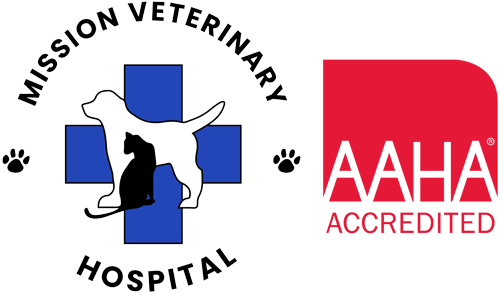
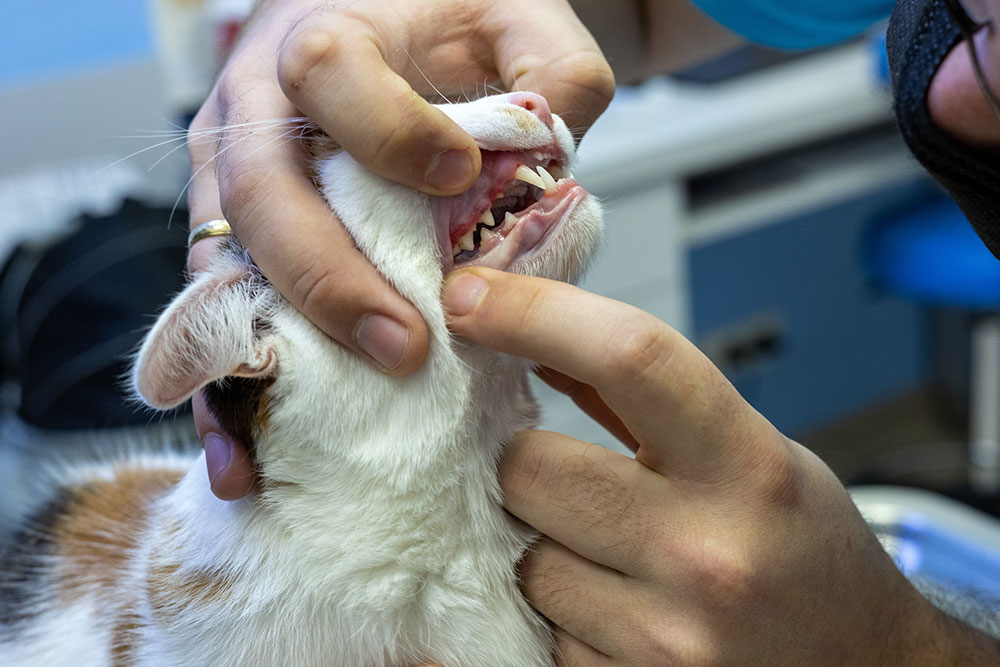
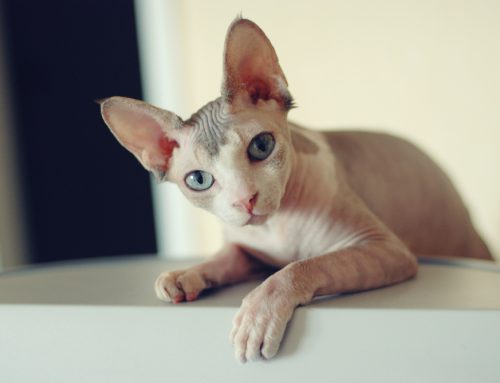

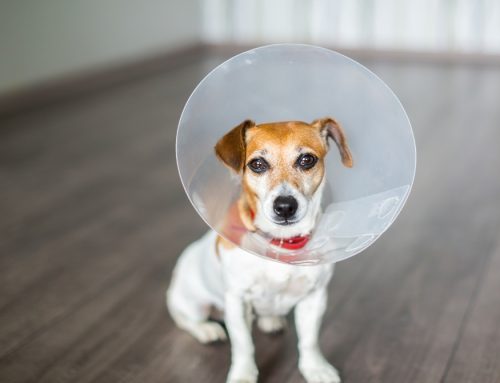
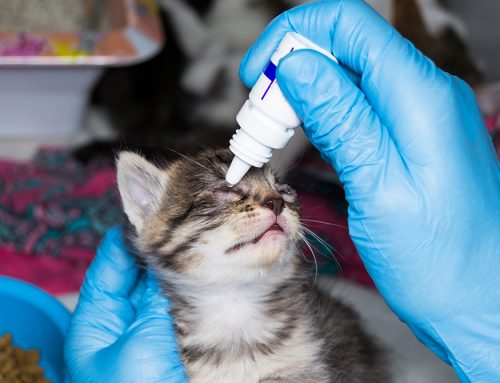




Leave A Comment